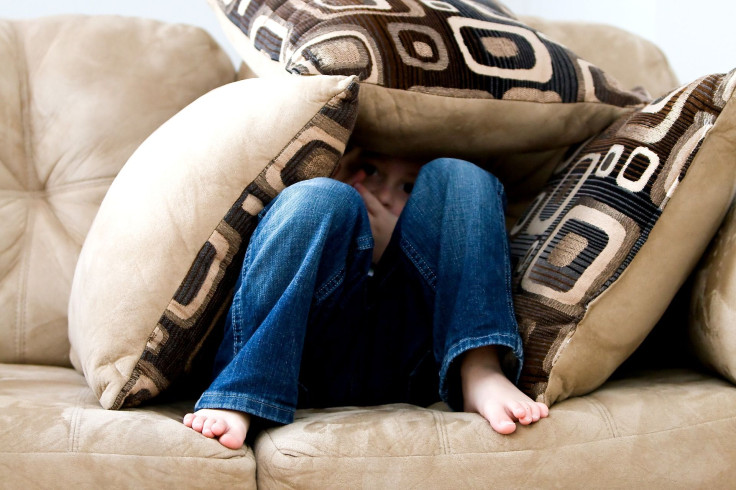Coronavirus Tips: How To Take Care Of Your Child's Mental Health During COVID-19 Pandemic
Disease outbreaks can be quite stressful, especially for young children. The fear and anxiety about a deadly disease like COVID-19 can be overwhelming and is likely to create strong emotions in children. Young children and teens only react to what they see from adults around them. When parents and other adults at home deal with the pandemic situation more calmly and confidently, not only can they provide the best support for their kids but it can also be more reassuring to the young ones.
“As public conversations around coronavirus disease 2019 (COVID-19) increase, children may worry about themselves, their family, and friends getting ill with COVID-19. Parents, family members, school staff, and other trusted adults can play an important role in helping children make sense of what they hear in a way that is honest, accurate, and minimizes anxiety or fear. CDC has created guidance to help adults have conversations with children about COVID-19 and ways they can avoid getting and spreading the disease,” the Centers for Disease Control and Prevention (CDC) wrote.
Here are some tips to take care of your child during the COVID-19 pandemic:
- Watch out for behavioral changes in your child, including excessive crying, irritability, unexplained headaches or body pain, difficulty paying attention or concentrating, and unhealthy eating or sleeping habits.
- Take time to speak with your kid about the coronavirus outbreak and the pandemic situation. Children might react to what you tell them as well as how you do. So, remain calm and reassuring. Ensure that they know they can come to you whenever they have a doubt on this topic.
- Pay attention to what they read, watch or hear on television, radio or online media. They might misinterpret what they read or hear and can be intimidated about something when they do not understand something. Consider reducing their screen time. Excessive information on a particular topic can make them feel anxious.
- Try to clarify and answer all their questions pertaining to COVID-19 and share facts with them in such a way that they can understand it.
- Reassure them that they are safe and teach them the importance of social distancing and hygiene practices such as frequent handwashing.
- Try to keep up with the regular routines even during the lockdown. If schools are closed, you can create a schedule for learning as well as fun activities that can be done at home.
- Most importantly, be their role model! Eat well, indulge in indoor physical activities, get adequate sleep and practice good hygiene.

© Copyright IBTimes 2025. All rights reserved.






















